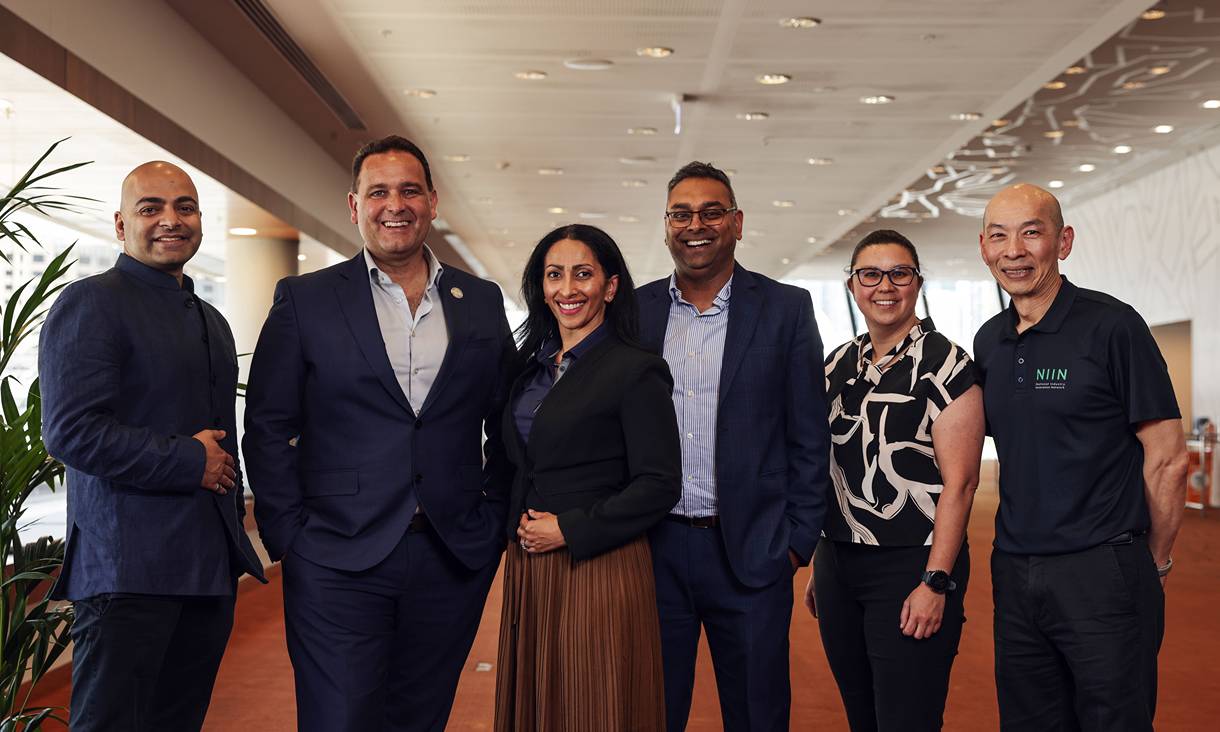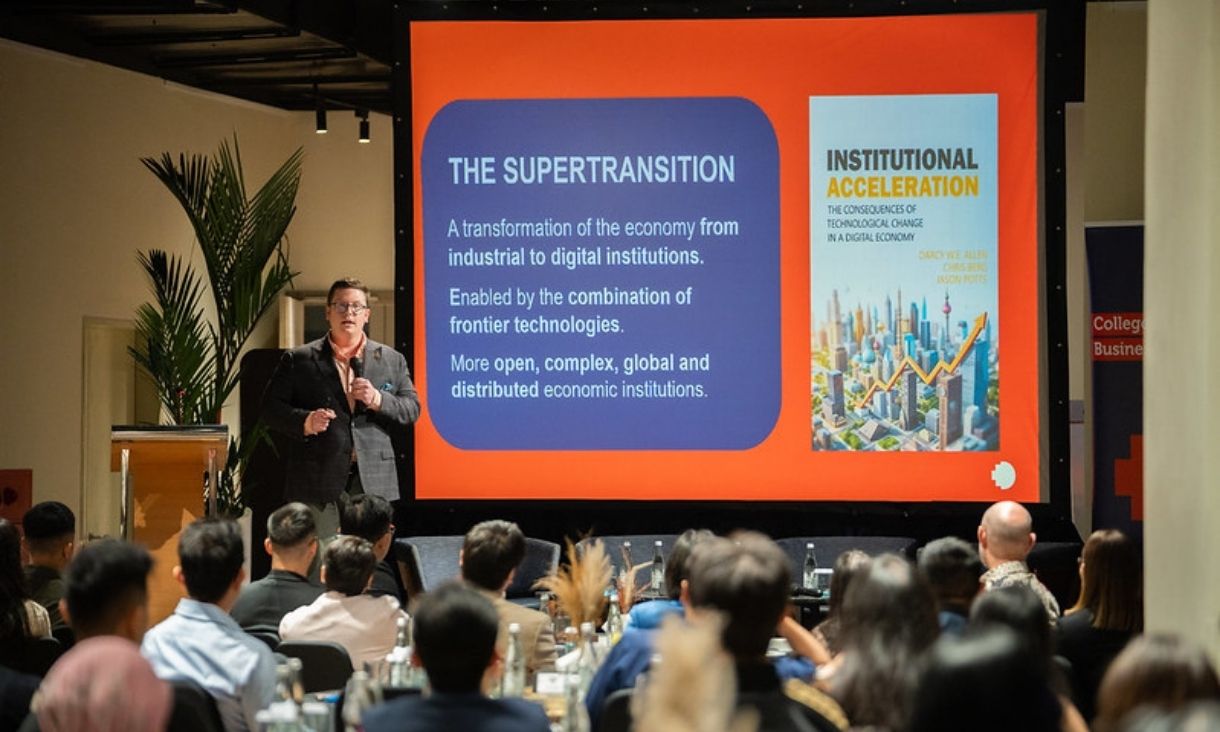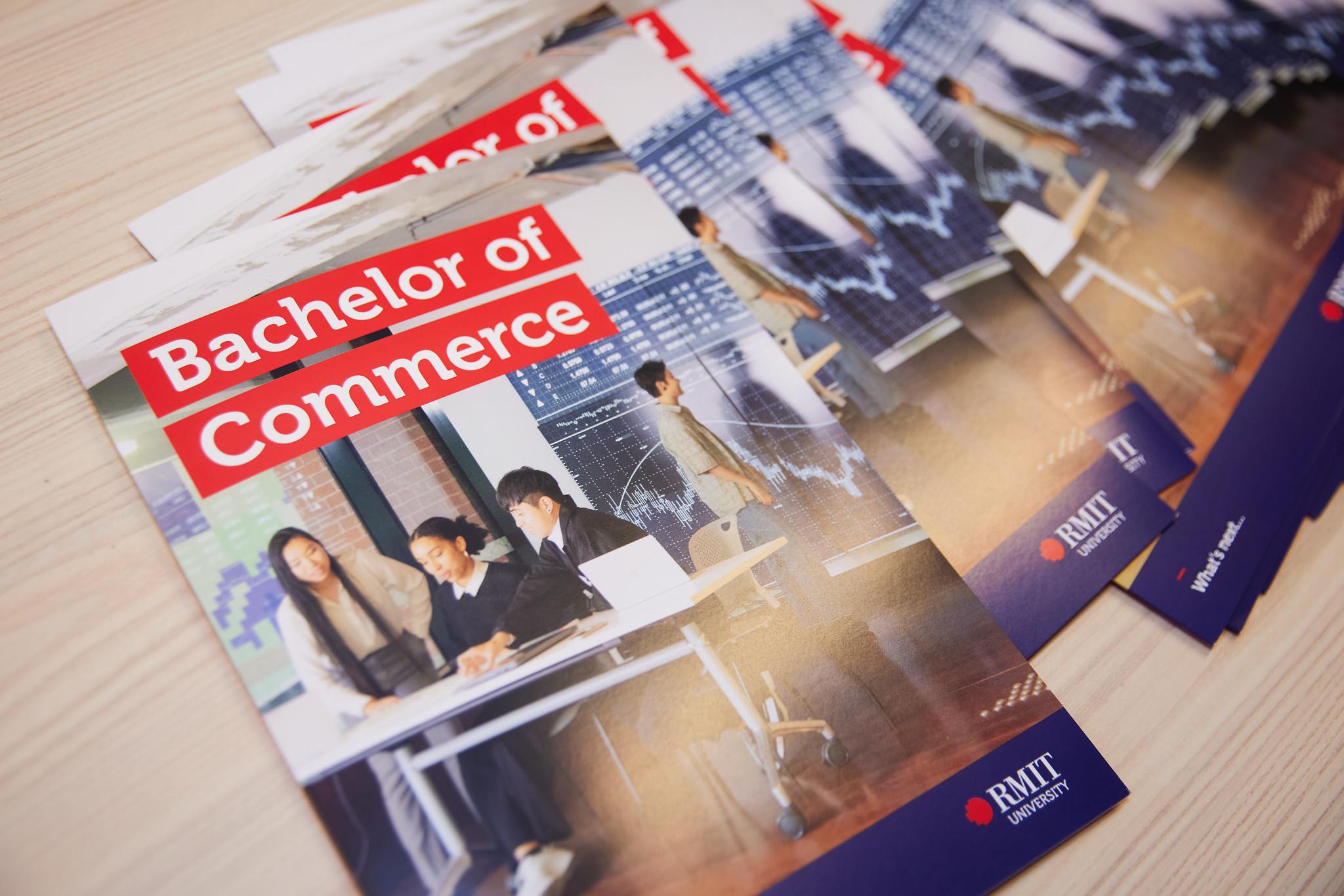Taking the UNIQLO experience to the next level: RMIT students pitch ideas to clothing giant
Last semester, 80 RMIT Impact Academy students in the College of Business and Law were challenged by UNIQLO with an industry-embedded business project in the semester’s Impact Academy course.
New partnership with Cisco and Grampians Health to upskill healthcare sector
RMIT’s Health Transformation Lab and College of Vocational Education are piloting a program to rapidly upskill front-line staff, broader health workforce and IT professionals in the healthcare sector to meet the industry’s emerging skills needs.
“We are on the cusp of a technology-driven ‘supertransition’” - RMIT expert says deep economic change is occurring with profound consequences for business
RMIT economist Dr. Darcy Allen says the world is in an economic ‘supertransition’: profound economic change driven by the simultaneous combination of technologies.
Brand-new BCom launches for tech-minded business leaders of the future
RMIT is partnering with Accenture, ANZ, L’Oréal and Salesforce to deliver a new undergraduate degree designed for students with a keen eye on leadership.





